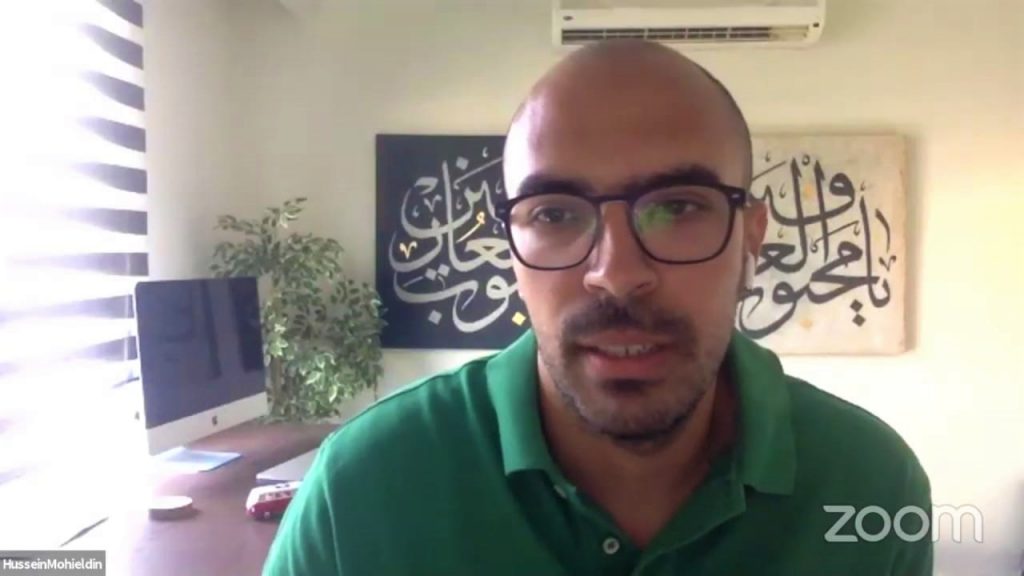São Paulo – The digital transformation ushered in by the pandemic is already signaling its developments on the consumer behavior, according to Egyptian startup Robusta CEO Hussein Mohieldin. The specialist participated in the webinar “Digital Transformation in Times of Crisis: Change and Adaptability” hosted by the Arab Brazilian Chamber of Commerce on Wednesday (27), which was attended by 640 people from Brazil and elsewhere.
Mohieldin believes that the transformation that has taken place now is much more sudden than the previous ones, when other technologies were spread because of their advantages. “People started using smartphones out of convenience, because they were able to reach people better. Right now, the digital transformation is driven partly by convenience, partly by fear. So, it’s much more aggressive. For example, in Egypt, we’ve had online banking for a few years, but most people prefered going to the bank. Now, they are forced to do this online because they can’t leave their homes,” explains the CEO of the startup that offers e-commerce solutions for companies.
Robusta’s list of clients includes Mondelez, Pepsico and P&G, and its businesses have been boosted by the COVID-19 pandemic. “We’ve seen a lot of changes in consumer behavior across several different products. People are spending more on home improvements and less on ready-made stuff. Now people invest more on preparing food at home, spending more time with their families, their children, which affects the consumer behavior. For us, it opens up new challenges and opportunities for collaboration. It’s a double-edged sword,” he explained.
He believes that solutions like working from home made people have a new perspective on the day-to-day use of technology. “People used to work together in one place, usually in a company’s office. But now we have the internet and the laptop, so people are wondering ‘Why do we still have to go to the office every day when we can do everything over call? We’ve worked from home for 60 days – if we can do this, then why is everybody commuting to the office in crowded cities and why are we spending so much in real state? Why can’t we do this from home?’ And this opened up as many opportunities as challenges,” he considered.
For the entrepreneur, the current crisis brings opportunities for globalization. “There are always two sides of a coin. When we speak about the Arab-Brazilian cooperation, now more than ever before it’s much easier to work in a team where we have people from Brazil, Egypt and Jordan all working together. The delivery of projects is easier than never. Suddenly, people started discussing ideas without requiring a lot of time and money just to do one meeting. So, there’s a big opportunity here,” he stressed.
Mohieldin explained that many of these changes are already underway in Egypt, both in cooperative work processes of globalized companies such as Google and Facebook and in the consumer behavior itself. The Egyptian points out that this can already be seen in the search for high-quality online education for children and healthcare services as well as environments and communities that are better prepared to offer solutions to the families in the country.
The virtual conference also featured The Digital Strategy Company chief scientist and Cesar School professor emeritus Silvio Meira as well as Arab Chamber president Rubens Hannun and secretary-general Tamer Mansour. Also featured by interacting and asking questions were Solinftec CEO Rodrigo Iafelice dos Santos, Adélia Mendonça Cosmetics CEO Jacqueline Mendonça and Metro Brazil CEO Alaa Kara Ali.
Click on the links for more on the webinar and for the full webinar on YouTube.
Influencers, chatbots are allies in sales to Arab countries
Covid-19 brings businesses to the digital world
Translated by Guilherme Miranda




